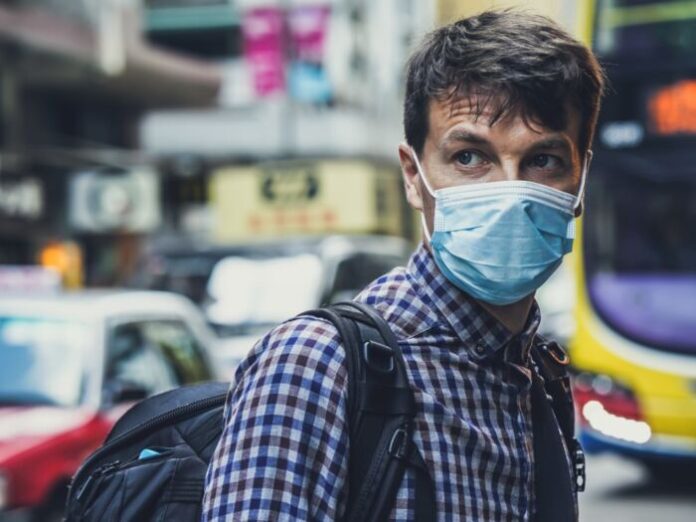
One of the worst consequences of Covid-19 for the environment is certainly the accumulation of disposable masks which, once used, must be disposed of. If until now the masks ended up, at best, in the mixed waste, now it is possible to recover them to obtain material for road paving.
It is estimated that more than 50 billion masks have already been produced since the start of the pandemic and that, of these, over one and a half billion are destined to pollute oceans around the world due to incorrect disposal. It is not uncommon, in fact, to see masks abandoned on every corner of the street.
However, even if properly thrown in the unsorted way, disposable masks are difficult to recycle, both because they are made of different materials and because they represent a potentially dangerous waste. Their fate is to accumulate in landfills or be incinerated, with negative effects on the environment. Finding a solution to recover the masks is therefore essential and a group of researchers from two Australian institutes, the Royal Melbourne Institute of Technology and Melbourne Technical, worked for this purpose.
The team tested a new road paving material, made by mixing disposable masks and recycled concrete from demolished buildings and construction waste. The researchers thus discovered that the addition of shredding masks allow for better aggregation of the concrete and allow for a more flexible and resistant product than asphalt.
The material makes it possible to recover three million masks for every kilometer of road built and to save over 90 tons of waste from landfills. The analysis also examined the costs associated with the production of this new material and the results revealed a saving equal to half compared to the cost of extracting virgin materials, to which must be added the reduction in costs relating to the disposal of individual protection.
The experimentation is still ongoing but according to the researchers the results are already exciting and could open the door to further research aimed at recovering masks and other PPE.



































